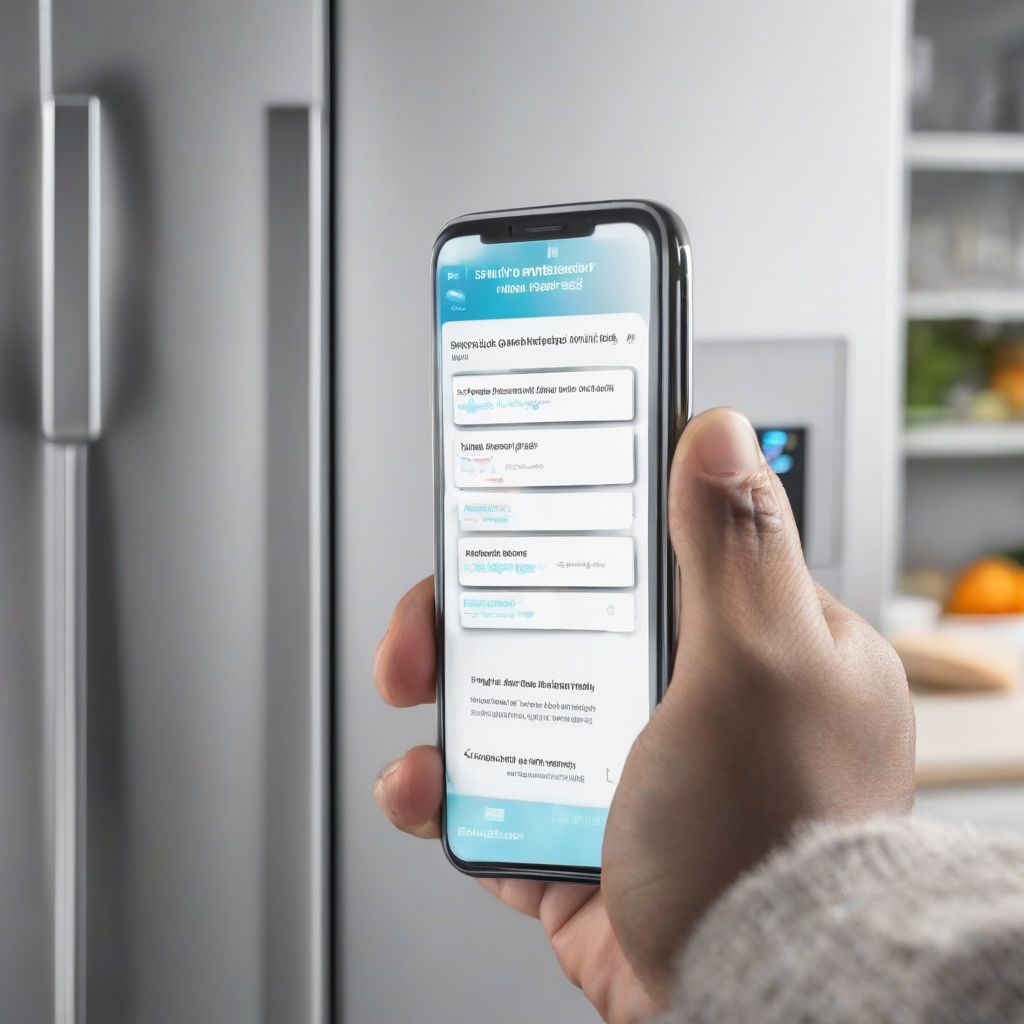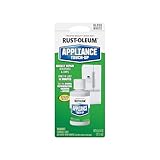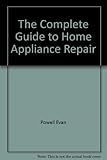Have you ever stood in front of a malfunctioning appliance, feeling a mix of frustration and helplessness? We’ve all been there! From a refrigerator that’s warmer than it should be to a washing machine that sounds like a jet engine, appliance troubles are a common household headache. But before you panic and call an expensive repair technician, take a deep breath. Many common appliance problems can be easily diagnosed and fixed with some basic troubleshooting. This guide will equip you with the knowledge and steps to tackle those issues head-on, saving you time, money, and unnecessary stress.
Understanding the Basics of Appliance Troubleshooting
Before diving into specific appliance issues, let’s cover some fundamental troubleshooting principles. Just like a nutritionist helps you identify the root cause of a health issue, these steps will help you pinpoint the source of your appliance woes.
Safety First!
Before attempting any repairs, always disconnect the appliance from the power source. This is crucial for preventing electric shocks and other hazards. “Safety is not just a slogan, it’s a way of life,” as the saying goes, and this couldn’t be truer when dealing with electricity.
Observe and Listen
Pay close attention to the appliance’s behavior. What’s not working correctly? Are there any unusual noises, smells, or vibrations? These observations can provide valuable clues.
Consult the Manual
Your appliance’s manual is a goldmine of information, often including a troubleshooting section. Don’t throw it away! Keep it handy for quick reference.
The Process of Elimination
Troubleshooting often involves eliminating potential causes one by one. Start with the simplest and most obvious possibilities before moving on to more complex issues.
Common Appliance Issues and Solutions
Now, let’s explore some frequent appliance problems and how to troubleshoot them.
Refrigerator Not Cooling
- Check the thermostat: Ensure it’s set to the correct temperature.
- Inspect the door seals: A faulty seal can cause warm air to enter, hindering cooling. Clean the seals and check for any cracks or damage.
- Clean the condenser coils: Dusty coils can reduce cooling efficiency. Unplug the refrigerator and carefully clean the coils located at the back or underneath.
Washing Machine Not Draining
- Check the drain hose: Ensure it’s not kinked or clogged.
- Inspect the pump filter: The pump filter can trap lint and debris, preventing proper drainage. Clean the filter according to the manufacturer’s instructions.
- Check the lid switch: A faulty lid switch can prevent the washing machine from spinning and draining.
Dishwasher Not Cleaning Properly
- Ensure proper loading: Overloading the dishwasher can obstruct water flow and prevent thorough cleaning.
- Check the spray arms: Make sure the spray arms aren’t blocked by food particles.
- Use the right detergent: Using the correct type and amount of detergent is crucial for optimal cleaning.
Oven Not Heating
- Check the igniter (gas ovens): A faulty igniter can prevent the oven from lighting.
- Check the heating element (electric ovens): A burnt-out heating element will prevent the oven from reaching the desired temperature.
- Check the temperature sensor: A malfunctioning sensor can lead to inaccurate temperature readings and uneven heating.
Dryer Not Drying
- Check the vent: A clogged vent can restrict airflow and hinder drying. Clean the vent regularly to ensure proper ventilation.
- Check the heating element (electric dryers): A faulty heating element will prevent the dryer from producing heat.
- Check the thermal fuse: A blown thermal fuse can shut down the dryer to prevent overheating.
Utilizing Smart Home Technology for Appliance Troubleshooting
Modern technology can be a powerful ally in appliance troubleshooting. Smart home devices and appliances often come equipped with diagnostic features that can pinpoint problems and even notify you of potential issues before they become major headaches. Some smart appliances can even automatically adjust their settings for optimal performance. “Embrace technology, it’s the future of home management”, encourages a leading home appliance expert.
 Troubleshooting Appliances
Troubleshooting Appliances
Preventive Maintenance for a Happy Home
Just like regular exercise and a balanced diet contribute to long-term health, preventive maintenance is key to extending the lifespan of your appliances.
- Regular cleaning: Clean your appliances regularly to prevent buildup of dirt, grime, and debris.
- Inspect and replace worn parts: Check for worn-out parts like hoses, seals, and filters, and replace them promptly.
- Schedule professional maintenance: Consider scheduling annual or bi-annual checkups for major appliances like refrigerators and ovens.
Conclusion
Troubleshooting common home appliance issues doesn’t have to be a daunting task. By following these simple steps and understanding the basic functionalities of your appliances, you can often diagnose and resolve problems yourself, saving time and money. Remember, safety always comes first. Always disconnect the power before attempting any repairs. And, just like maintaining a healthy lifestyle, preventive maintenance can go a long way in keeping your appliances running smoothly for years to come. Now that you’re armed with this knowledge, take charge of your appliance troubles and keep your household running like a well-oiled machine! What are your biggest appliance frustrations? Share your experiences and tips in the comments below!
- Used Book in Good Condition
- Hardcover Book
- Martel, Brier C. (Author)
- English (Publication Language)
- Hardcover Book
- English (Publication Language)
- J. Sistonen, Matti (Author)
- English (Publication Language)
- Ideal for fixing scratches and imperfections on interior metal, porcelain and enamel appliances
- Acrylic lacquer formula dries quickly to create a durable finish on items
- Longstaff, Ethan (Author)
- English (Publication Language)
- Geier, Michael Jay (Author)
- English (Publication Language)
- English (Publication Language)
- 288 Pages - 02/05/2019 (Publication Date) - Trusted Media Brands (Publisher)
- Used Book in Good Condition
- Evan Powell (Author)
- Editors of Cool Springs Press (Author)
- English (Publication Language)











